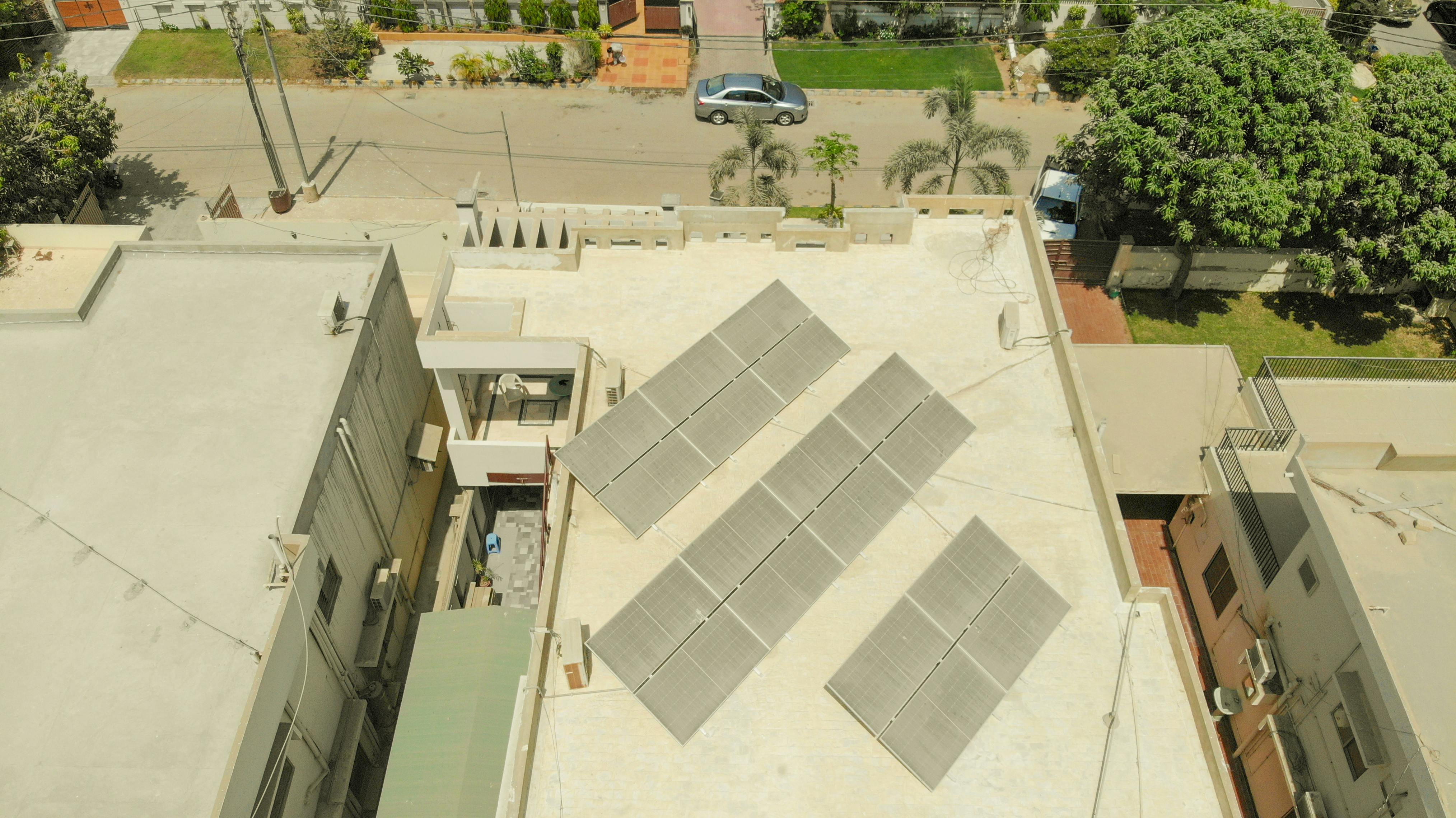
Introduction: Energy Efficiency - The Future of Homes
Today, we find ourselves stepping into an era where sustainable living has become more than just a trend. Among the key components of sustainability, enhancing energy efficiency at home is gaining significant attention globally. By making our homes more energy-efficient, we can reduce our dependence on non-renewable resources, cut down energy bills, and reduce harmful environmental impacts. This article aims to give you an extensive guide on how to go about maximizing energy efficiency in your home.
Overview: Why Make Your Home Energy Efficient?
The first question to address is, why should one consider upgrading their home to be more energy-efficient? This query seems to envelop a large number of homeowners across the globe. The answer lies within the multiple benefits that energy-efficient homes offer, from financial savings to environmental conservation.
Energy costs form a substantial chunk of monthly expenses. By introducing energy-efficient technologies and practices in your home, these costs can be significantly reduced. This value proposition has increased the demand for energy-efficient products and renovations in real estate markets, contributing to the higher resale value of such homes.
From an environmental perspective, energy efficiency helps to reduce the usage of non-renewable sources of energy and decrease carbon footprints. This is pivotal in our struggle against global climate change and makes each energy-efficient home a small, but significant contributor to this cause.
Beginning the Transition: Determining Current Energy Usage
Before starting the transformation of your home into an energy-efficient haven, it's crucial to understand the current energy usage pattern. This involves determining which appliances consume most energy, the habit of leaving electrical appliances switched on, and insulation levels of the house, among others.
There are tools such as energy monitors that can help track energy use and identify high consumption areas, enabling smarter and targeted changes leading to improved energy efficiency.
Strategies to Enhance Energy Efficiency at Home
Integrating energy efficiency into your home doesn't mean sacrificing comfort. Here are some strategies to help you enhance efficiency without compromising on the lifestyle.
1. Improving Insulation: A well-insulated home retains heat during winter and keeps cool air in during the summer, helping to reduce the strain on heating and cooling devices. Invest in high-quality insulation for your walls, floors, and roof.
2. Upgrading Appliances: Energy-efficient appliances typically consume less power than their traditional counterparts without compromising performance. When buying new appliances, look for the Energy Star label, which means the appliance meets or exceeds efficiency standards.
3. Smart Lighting: Compact fluorescent bulbs (CFLs) and LED bulbs consume less electricity and last longer than traditional bulbs. Additionally, smart lighting systems allow you to automate and optimize your lighting usage.
4. Managing Water Usage: Energy-efficient practices are not only about electricity. Using water-saving fixtures and appliances and implementing practices like rainwater harvesting can make a significant difference.
Overall Benefits and Final Thoughts
Maximizing energy efficiency is a step towards future-proofing your home. Not only will you reduce your utility bills, but you will also increase the value of your home, reduce your carbon footprint, and contribute towards a sustainable future.
The transition may require initial investments and time, but the long-term benefits far outweigh these costs. Remember that every effort, no matter how small, contributes towards a sustainable and eco-friendly future. So start your journey towards an energy-efficient home today, and let each conscious choice shine as a beacon for sustainable living.